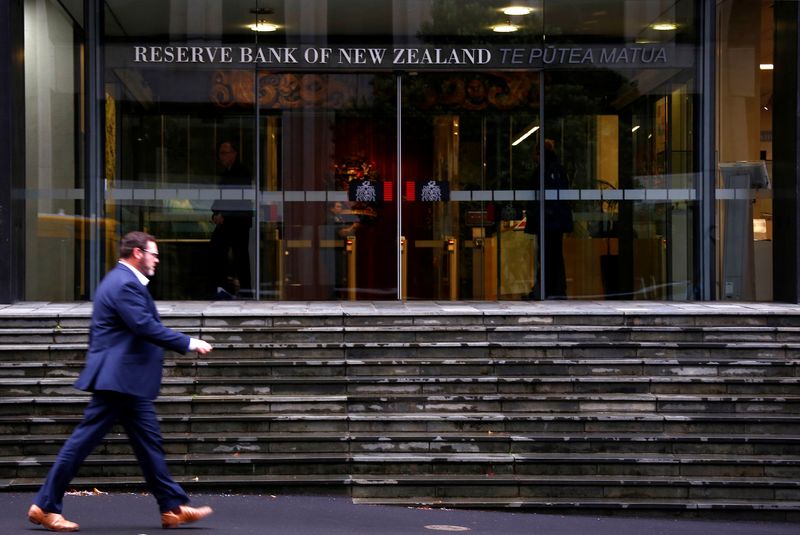Malaysia’s Central Bank Holds Rate Steady, Notes Easing Global Uncertainty
NeutralFinancial Markets

Malaysia’s Central Bank Holds Rate Steady, Notes Easing Global Uncertainty
Malaysia's central bank has decided to keep its interest rates steady, a move that reflects its cautious approach amid global economic uncertainties. This decision is significant as it highlights the relative stability of the Southeast Asian economy compared to its regional counterparts, which may be facing more volatility. By maintaining a tighter monetary policy, the bank aims to support economic growth while navigating external challenges.
— via World Pulse Now AI Editorial System






